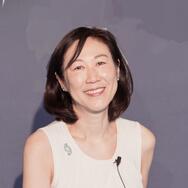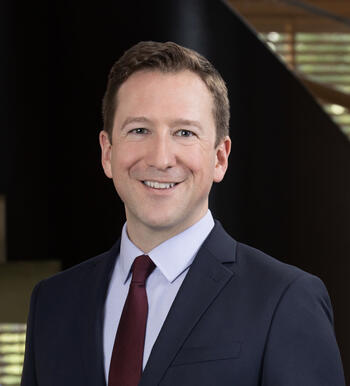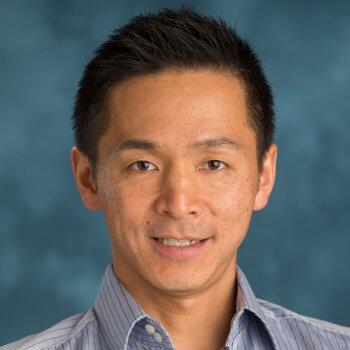Mariko Yang-Yoshihara Empowers Girls in Japan with STEAM Education
OECD’s latest annual report has shown that Japan had the lowest share of women studying Science, Technology, Engineering, and Mathematics (STEM) among 36 comparable OECD member countries in 2019. According to the report, the proportion of women entering college to study natural sciences, mathematics, and statistics in Japan was 27 percent, far below the OECD average of 52 percent. In engineering, manufacturing and construction, the ratio of women was only 16 percent in Japan, while the OECD average was 26 percent.
In the August 2021 edition of Keidanren Monthly Magazine, Mariko Yang-Yoshihara shared her thoughts on STEAM (Science, Technology, Engineering, Arts, and Mathematics) education. To help address the gross STEM gender gap in Japan and instill self-efficacy among young girls in STEAM, an approach that combines STEM and liberal arts education, Mariko Yang-Yoshihara co-founded SKY Labo in 2016 with Rie Kijima, assistant professor at the University of Toronto. Keidanren (Japan Business Federation) is Japan’s largest association of big businesses, founded in 1946, which connects industry visionaries and leaders. SKY Labo, a non-profit educational initiative, offers workshops which utilize design thinking, a methodology that was formalized by scholars at Stanford University for creative problem solving.
The title of Yang-Yoshihara’s article (translated from the Japanese), “‘I May Change the World’—Towards Society 5.0 Human Resources Development: Case Study Through STEAM Education,” quotes a 9th grader’s reflection about her participation in SKY Labo’s workshop. The student wrote that the program brought her a most empowering realization that she can “change the world” by pursuing a career in STEM fields. In the article, Yang-Yoshihara discusses the gearshift in the U.S. higher education to bring in a human-centered approach to STEM fields. She urges Japanese society to reimagine its approach to inspire the next generation by merging traditional STEM subjects with liberal arts education in order to spur innovation and cultivate its underutilized resources: women. The article concludes by introducing SKY Labo’s initiative as a case study of such an attempt. Yang-Yoshihara’s perspectives are shaped by her education in both Japan and the United States. Yang-Yoshihara notes, “STEAM is sort of becoming a ‘buzz word’ in Japan, but it is often misrepresented as a simple inclusion of art-related activities in STEM classrooms. We need to inspire the students at a deeper level—through an innovative pedagogical approach at the intersection of STEM and humanities.”
Yang-Yoshihara and Kijima are trying to provide a fuller understanding of what STEAM stands for by writing about engineers and scientists in Silicon Valley who do truly amazing work by bringing human-centered approaches into their endeavors. They co-authored a book in 2019 to advocate for STEAM education in Japan. Their book, originally published in Japanese, has recently been translated into the Chinese language. Further, Yang-Yoshihara and Kijima have been capturing the effects of the STEAM workshops they offer at SKY Labo through research; they offer evidence-based research to show how design thinking complements STEM education as a pedagogical approach in inspire young girls (link to the journal article).
At SPICE, Yang-Yoshihara harnesses the principles of design thinking in her teaching of high school and university students in Japan and engages the SPICE staff and student alumni of SPICE’s online courses with SKY Labo seminars. In addition, she serves as an advisor to Carey Moncaster’s Stanford e-China program. With Kijima, Yang-Yoshihara has offered a workshop to teach design thinking to educators in China, as a part of the teacher professional development program developed by Moncaster. Having had the pleasure of observing Yang-Yoshihara’s numerous efforts with SKY Labo and SPICE, I have been a witness to how she and Kijima empower students—especially girls—to level the playing field for all genders to pursue their interest in STEM fields. The views on STEM and STEAM education that Yang-Yoshihara and Kijima share with their students remind me of seldom seen aerial views of the iconic Mt. Fuji—views that I believe will encourage and empower more girls in Japan to rise to the top.

Mariko Yang-Yoshihara
Full BioRead More
SPICE’s Yang-Yoshihara aims to level the playing field and raise self-efficacy for all genders.





















